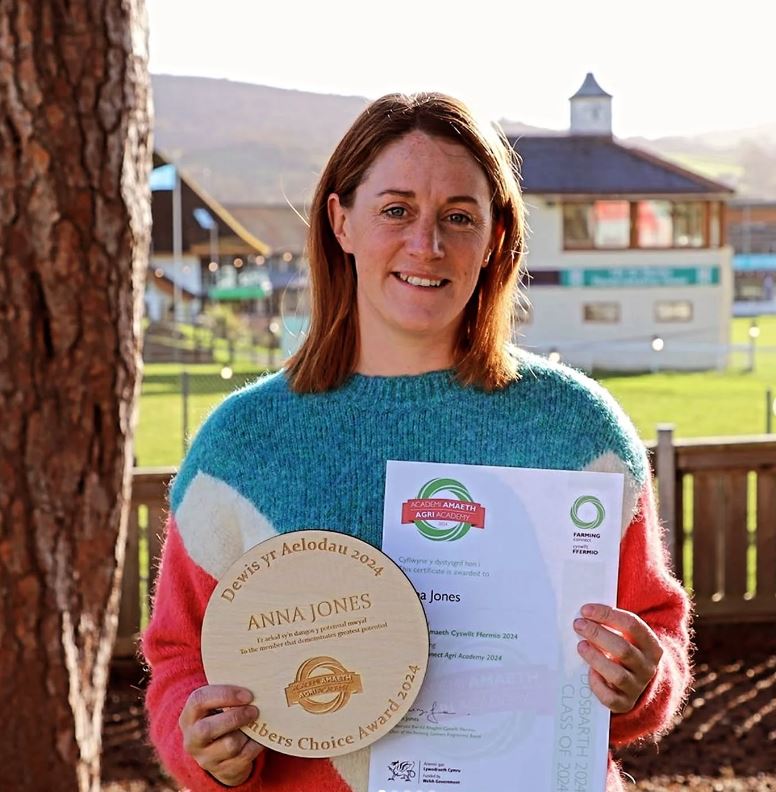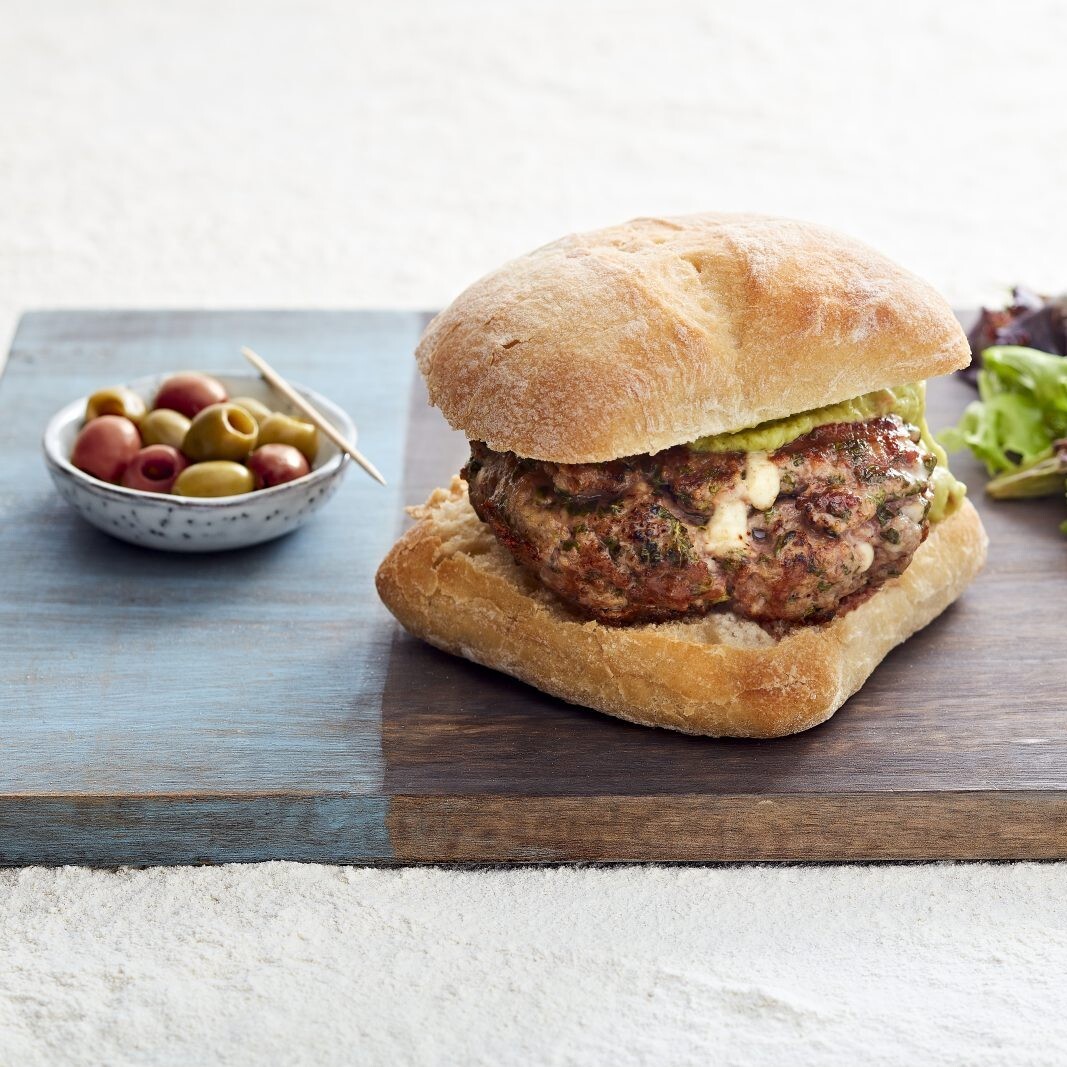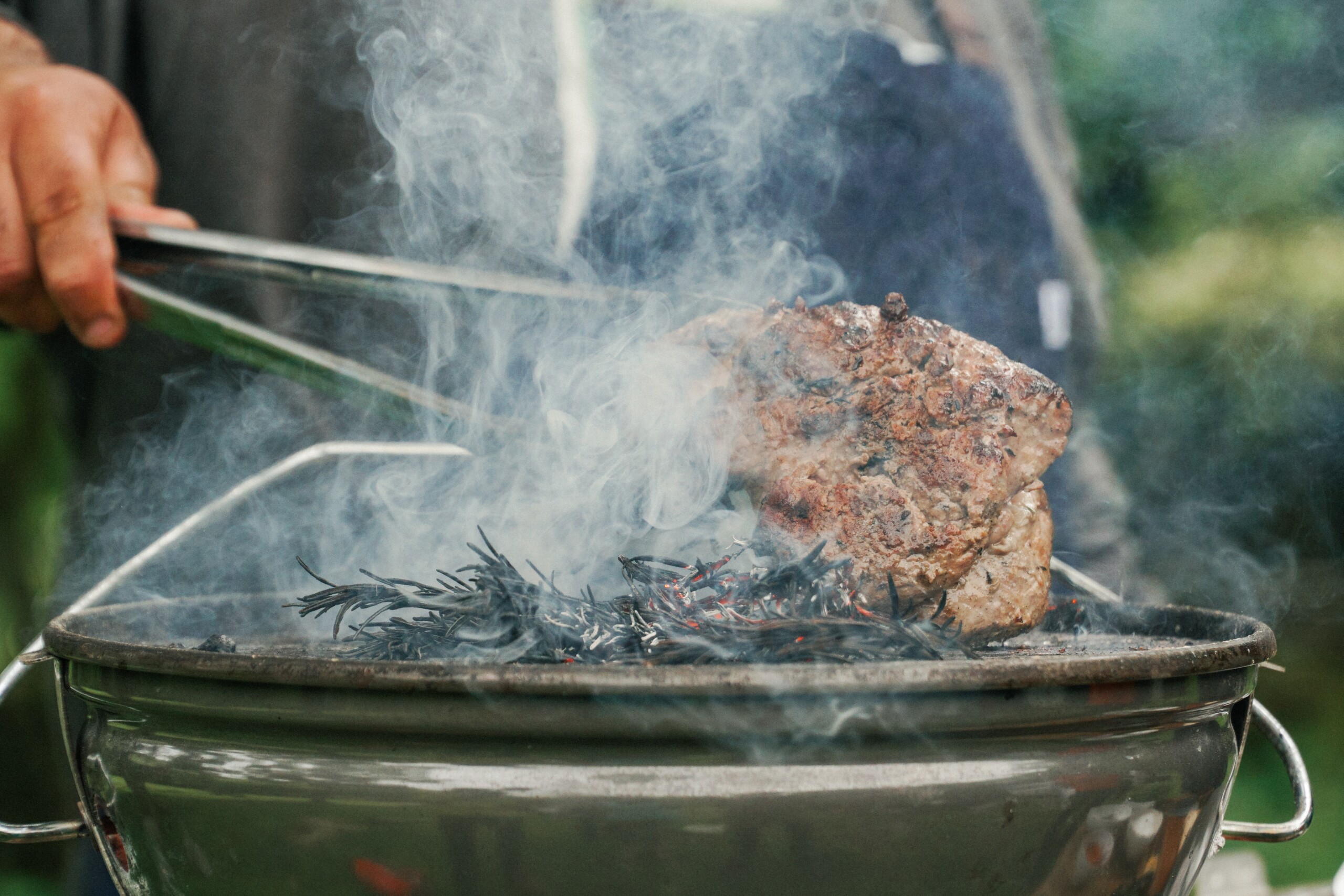Aled Picton Evans farms in partnership with his brother, Iwan, on 500 acres of land in Carmarthenshire, West Wales. The brothers farm regeneratively on a grass-based system producing PGI Welsh Lamb and PGI Welsh Beef. In 2021, the pair were recognised for their pioneering approach to farming and were crowned ‘Beef Farmer of the Year’ in the Farmer’s Weekly awards.
Having grown up on a family farm, the brothers have always had an appreciation and understanding of nature, and their father instilled the ethos into them that if you look after the land, the land will look after you. Having originally embarked on very different careers, the pair took over a farm that was previously managed by their aunt, and were passionate about developing a stable, and sustainable, farming system that they could replicate year after year.
They settled on three business pillars; legacy and looking after the environment and community, lifestyle – working no more than 50-hour weeks and having quality time with family and profit – making a living out of producing quality food. Each of these principles are incredibly important to the brothers, and abiding to each one of them has resulted in a business that Aled and Iwan are incredibly proud of.
The sustainability journey
Aled began implementing regenerative farming processes around 3-4 years ago, starting with a five-year plan. He set the goal of reducing artificial output and chemical usage by 50% within this time frame, and within 24 months he was able to stop using artificial chemicals and nitrogen altogether on grazing land– achieving his goal way ahead of his 5-year plan.
Some examples of the regenerative farming practices implemented by Aled are growing taller grass crops and allowing longer rest periods between grazing rotations, resulting in stronger roots and improved soil health. The brothers have also planted a diverse range of plants on the farm which encourages diversity in soil nutrients and promotes all-round healthy growth, with the benefit of natural fertiliser from animals. It also allows different rooting depths, which builds more resilience into their system.
Aled comments;
“Our ultimate aim is to get as much output from grazed grass as we possibly can, to ensure the quality of production while minimising costs…It is widely accepted that grass is the cheapest feed available for livestock farmers in Wales so it makes perfect sense to maximise its contribution to our animals’ diet.’’The location of the farm ensures that the land is primed for regenerative agriculture – largely owing to the heavy rainfall it receives resulting in lots of grass grown! As a result, Aled is able to keep his cattle outside for 292 days of the year, compared to the average of 6 months, which he believes is a huge contributing factor in creating a great tasting product. Quality food production With a young family of his own, Aled has become more mindful of the quality of the food he is eating and producing. Regenerative farming methods help protect the naturally occurring nutrients in the soil, which Aled feels allows him to meet consumer demand for more sustainable produce that is rich in vitamins, minerals and other nutrients. Aled comments;
“In recent years there has been an increase in demand for sustainable produce from both operators and consumers. As a result, now is a great time for farmers to make the most of the environmental and economic opportunities that come with adopting regenerative agriculture. “The future of regenerative farming Acknowledging the difficulties that the agricultural industry is currently facing, Aled is keen to emphasise that the regenerative farming space is incredibly positive and refreshing, and that it gives farmers the opportunity to take control and make positive differences in the sustainability space. Aled plans to continue his work towards broadening his sustainability efforts through implementing true circular economy within the farm and has plans to shorten supply chains thereby increasing transparency. Aled comments;
“It’s important to ensure transparency across the supply chain, and the strong relationship that we have with one of our partners, Honest Burgers, is a fantastic example of how operators can work with their suppliers to improve the carbon footprint and standard of their menus. We have previously hosted chefs from renowned restaurants to visit the farm to showcase the quality of PGI Welsh Beef, boosting the awareness of where the food they are serving comes from and the natural processes through which it is produced.”The farm is increasing the availability of regeneratively farmed produce in their local area, offering local deliveries of local produce by partnering with a local butcher. And Aled is keen to get the whole family involved, bringing his children along on delivery days, thereby boosting the connection between people and where their food comes from. We can’t wait to see what’s next for Aled and the family!



